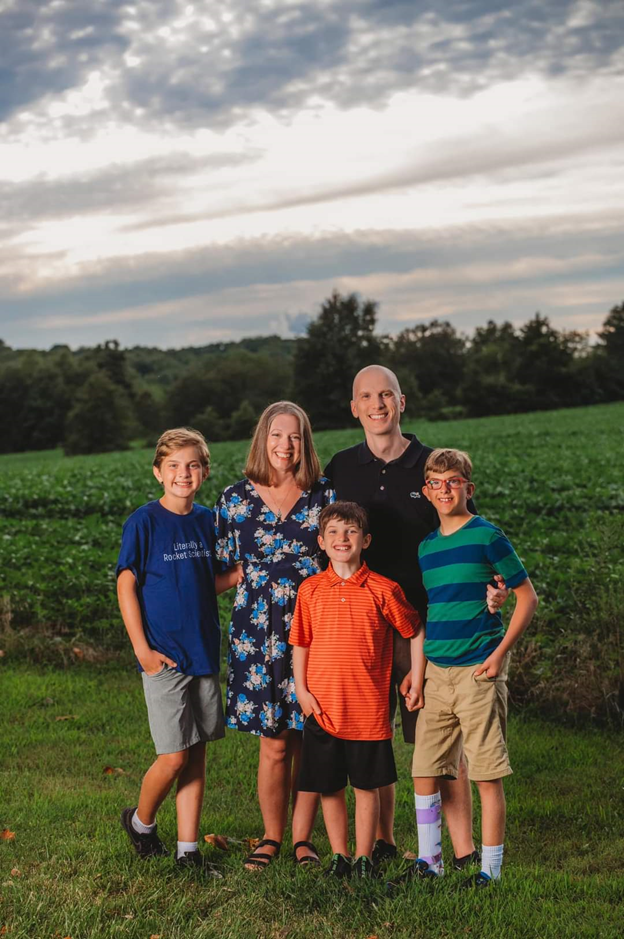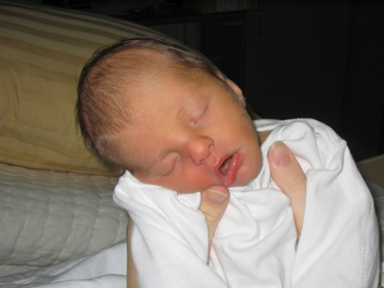
A mother’s journey with PFD shines a light on research
Published by By Hayley Estrem, PhD, RN, Assistant professor at UNCW on Jul 21, 2023
I clearly remember the day a doctor’s news changed my life. After months of chasing my baby around with a bottle to eat an ounce at a time, I learned Alex has a rare chromosome disorder.
The neurologist enthusiastically delivered the devastating news, charmed that he was the first to solve the puzzle of why Alex’s development was delayed. Even as a registered nurse, I found his explanation confusing. My shock meant I couldn’t have processed the information even if it had been simple.
How NOT to support families with pediatric feeding disorder
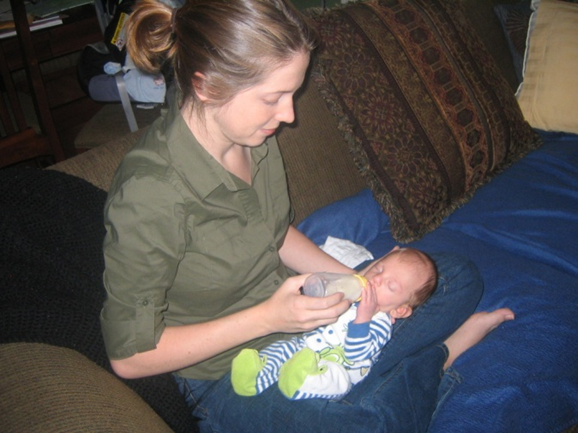
As a healthcare professional, that day was one of many where I learned how not to support a family of children with pediatric feeding disorder (PFD). The news should have come from a genetic counselor, my husband should have been there, and it should have been shared with compassion.
The journey before learning about Alex’s disorder was a struggle as well. Although he was my first, I knew it wasn’t normal for a newborn to eat only an ounce at a time. What he took in, he spat up. His growth was slow, and at 9 months, he was neither sitting up nor crawling.
Our pediatrician told us to give it time, that I was a nervous new mom and that Alex was slow to grow because it was a difficult pregnancy, and he would catch-up. It wasn’t until we saw a different provider at 9 months that we were connected to a neurologist, geneticist and Early Intervention (EI) services. This too, was a lesson in how not to support families of children with PFD.
Armed with a diagnosis and therapy services, we hoped to help Alex eat more and get the calories he needed to grow and develop. Instead, we were told to try harder to feed him and to schedule weekly weigh-ins. A feeding tube was held over our heads like a threat, as if inserting one would signal our failure as parents.
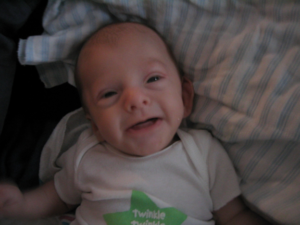
By the time Alex was 18 months and weighing only 16 pounds, I nearly begged for a G-tube. When he finally got one and started gaining weight, I couldn’t help but wonder why we were encouraged to try so hard. Why didn’t he have the nutrition he needed during such a critical developmental time?
Alex’s genetic diagnosis and the PFD that came with it became a springboard for my career. I had a choice to struggle with the question, “Why me?” or do something that would make this odyssey less painful for others.
I chose the latter.
Leading research to support families of children with PFD
After completing a master’s degree in nursing education and then a doctorate in nursing, today I research PFD and how it affects the entire family unit. I’m dedicated to fixing what we went through for others.
At the beginning of Alex’s diagnosis 15 years ago, there wasn’t common terminology among physicians and clinicians. This was a focus for my dissertation because it is a big barrier to building research and supporting families of children with PFD.
It’s why I have a big affinity for Feeding Matters, who did the work to get a PFD ICD-10 diagnosis.
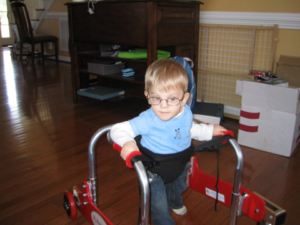
One of the things I’ve done with our Feeding Flock Team is to develop several parent questionnaires about feeding behavior, skill, family management of feeding, and parent and family impact of feeding. For example, on a project with researchers and clinicians at Children’s Hospital of Atlanta, we are developing an assessment of the impact of intense food allergy regiments on caregivers and households.
Our goal is to provide data to clinicians and parents to help determine whether a food allergy intervention eases the psychosocial impact that food allergy has on everyday life for parents and families. For example, new oral immunotherapy treatments for food allergies require children to take a certain amount of allergenic food and have activity restrictions every day at a specific time. Is the cost-benefit worth it? Ultimately, the child still needs to avoid the food, but should have less severe reactions if exposed to small amounts unintentionally. Are there quality of life improvements for the family? We only know if we measure this.
I’ve interviewed parents as I go through the process of developing measurement tools for PFD, and I’ve heard their stories. Witnessing what others go through and being in the position to do something about it is what gives our family’s struggle meaning.
Because of our experience with feeding therapies, I learned to ask more questions. And I learned that research for PFD must be patient-centered. Only with patients who have experienced PFD and their families at the helm can research lead to better journeys and improved outcomes for the whole family.
